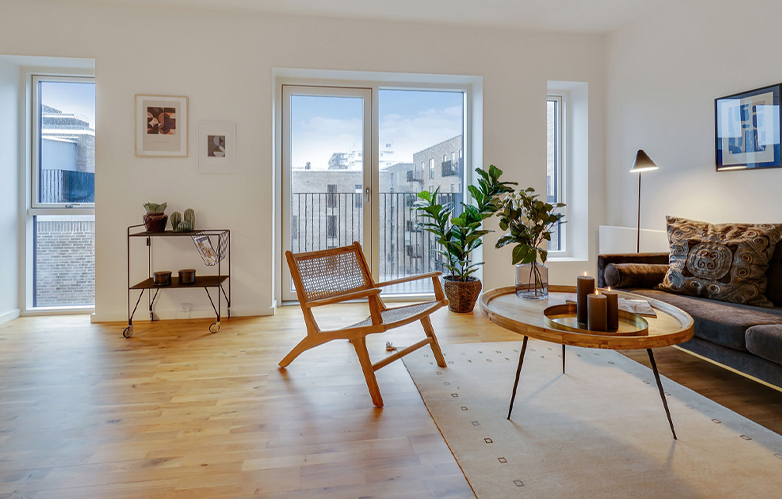Choosing the Right WPC SPC Vinyl Plank Flooring for Your Home Improvement Project
Understanding WPC and SPC Vinyl Plank Flooring A Comprehensive Guide
Vinyl plank flooring has gained immense popularity in recent years as a versatile and cost-effective flooring solution for both residential and commercial spaces. Among the various types of vinyl flooring available, WPC (Wood Plastic Composite) and SPC (Stone Plastic Composite) stand out due to their unique construction and benefits. In this article, we will explore the key features and advantages of WPC and SPC vinyl plank flooring, helping you make an informed decision for your flooring needs.
What is WPC Vinyl Plank Flooring?
WPC vinyl plank flooring is made from a composite of wood and plastic, which provides a lightweight yet durable structure. The core of WPC flooring is composed of a mixture of recycled wood fibers and PVC, resulting in a material that is both eco-friendly and resilient. One of the defining characteristics of WPC flooring is its thick core, usually around 5-8mm, which contributes to its comfortable, cushioned feel underfoot.
Advantages of WPC Flooring
1. Comfort and Warmth The wood composition in WPC planks gives them a softer texture, making them more comfortable to walk on, especially in colder environments. Furthermore, WPC flooring tends to retain heat better than other types of flooring.
2. Water Resistance WPC flooring is highly resistant to moisture, making it an excellent choice for areas prone to spills or humidity, such as kitchens, bathrooms, and basements.
4. Sound Absorption The dense core of WPC planks helps absorb sound, reducing noise levels in busy households or commercial spaces.
Understanding SPC Vinyl Plank Flooring
wpc spc vinyl plank flooring

SPC vinyl plank flooring features a stone-plastic composite core, which is typically denser and more rigid than that of WPC. The SPC core consists of a blend of limestone and PVC, giving it a robust, durable nature that can withstand heavy foot traffic and wear.
Advantages of SPC Flooring
1. Durability and Strength Due to its dense core, SPC flooring is incredibly durable and is ideal for high-traffic areas. It's resistant to impacts and can handle heavy furniture without showing signs of wear.
2. Waterproof SPC flooring is 100% waterproof, making it suitable for any room in the house, including those that may experience excess moisture.
3. Stability Under Extreme Conditions SPC is less prone to expansion and contraction due to temperature changes, making it a great choice for installations in areas with fluctuating climates.
4. Stunning Appearance SPC flooring is available in a wide variety of designs, often mimicking the look of natural wood or stone. This aesthetic appeal makes it suitable for nearly any decor style.
Conclusion
When considering the right type of vinyl plank flooring for your project, both WPC and SPC have their unique benefits. WPC flooring offers superior comfort and sound absorption, making it ideal for residential spaces, while SPC flooring provides enhanced durability and moisture resistance, making it suitable for both residential and commercial environments. Ultimately, the choice between WPC and SPC will depend on your specific needs, preferences, and the area in which you plan to install the flooring.
In summary, both WPC and SPC vinyl plank flooring present excellent options for those seeking durable, stylish, and functional flooring solutions. By understanding the features and advantages of each, you can choose the best flooring that meets your requirements and elevates the look of your space.
-
Waterproof Advantages of SPC Flooring Vinyl in KitchensAug.06,2025
-
SPC Hybrid Waterproof Flooring Thickness GuideAug.06,2025
-
Leveling Subfloor Before My Floor SPC InstallAug.06,2025
-
How Mesh Deck Skirting Improves Outdoor Pest ControlAug.06,2025
-
Choosing the Right Commercial Flooring for Your Business NeedsAug.06,2025
-
Choosing the Best Residential Flooring: A Comprehensive Guide to Style, Durability, and ComfortAug.06,2025




